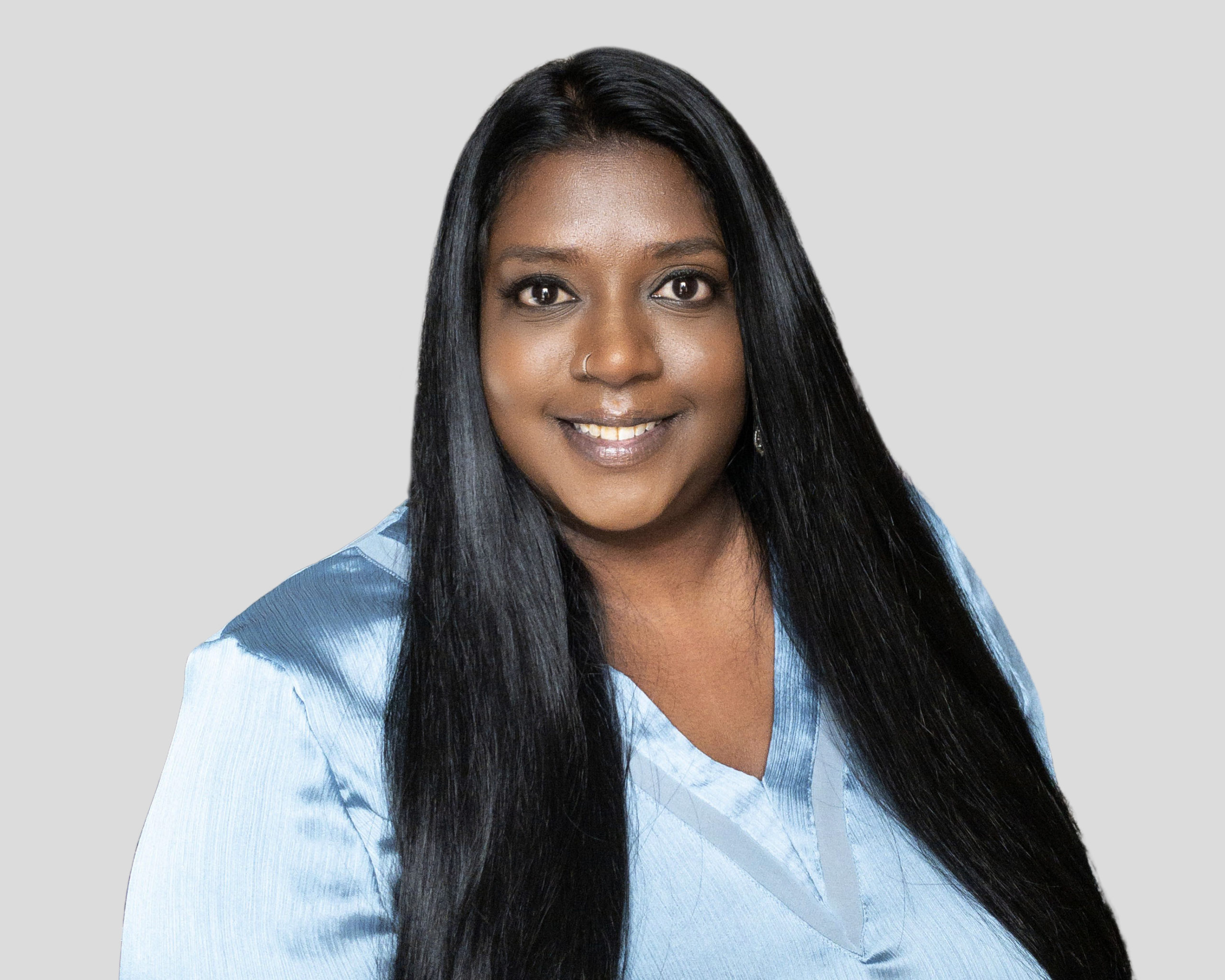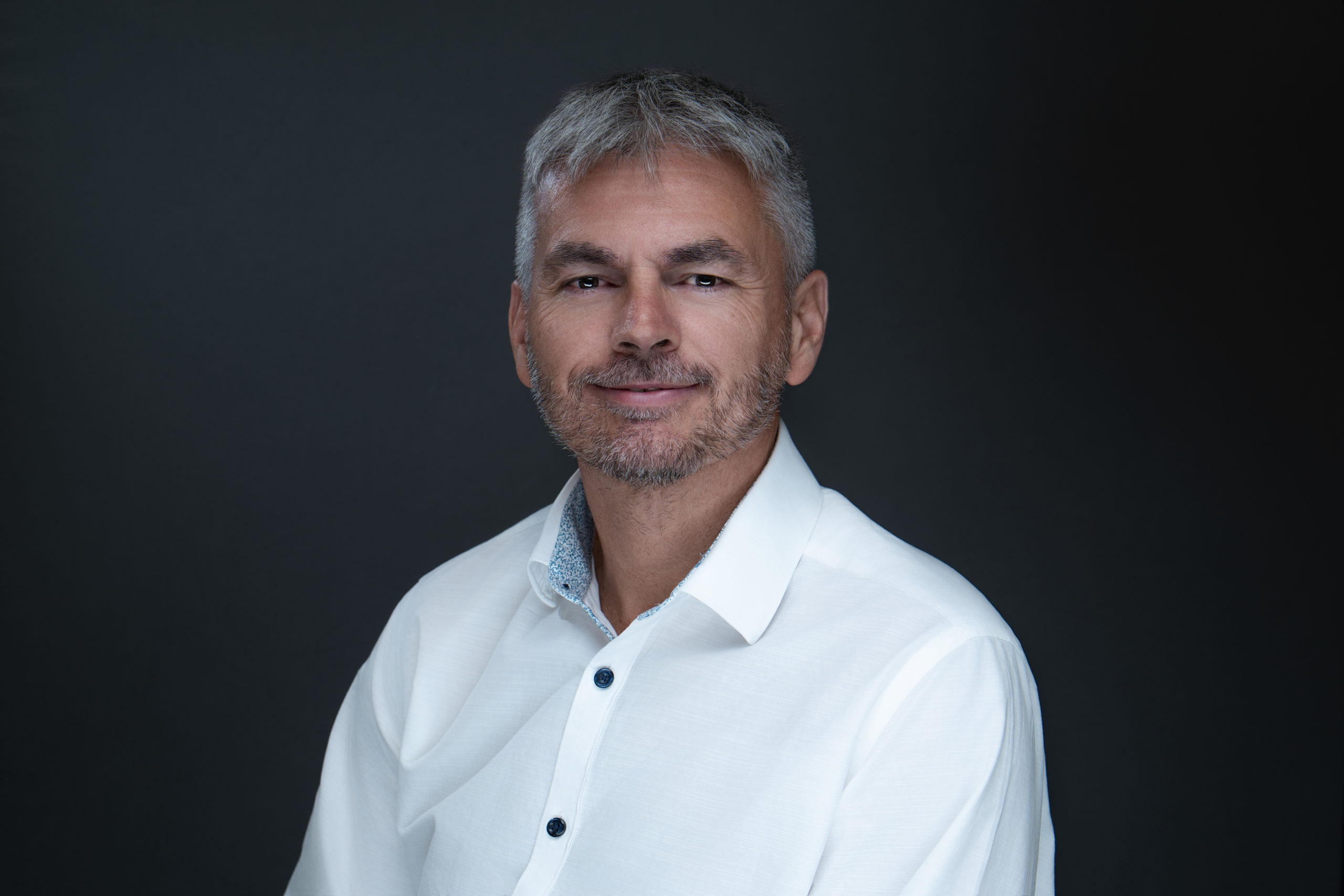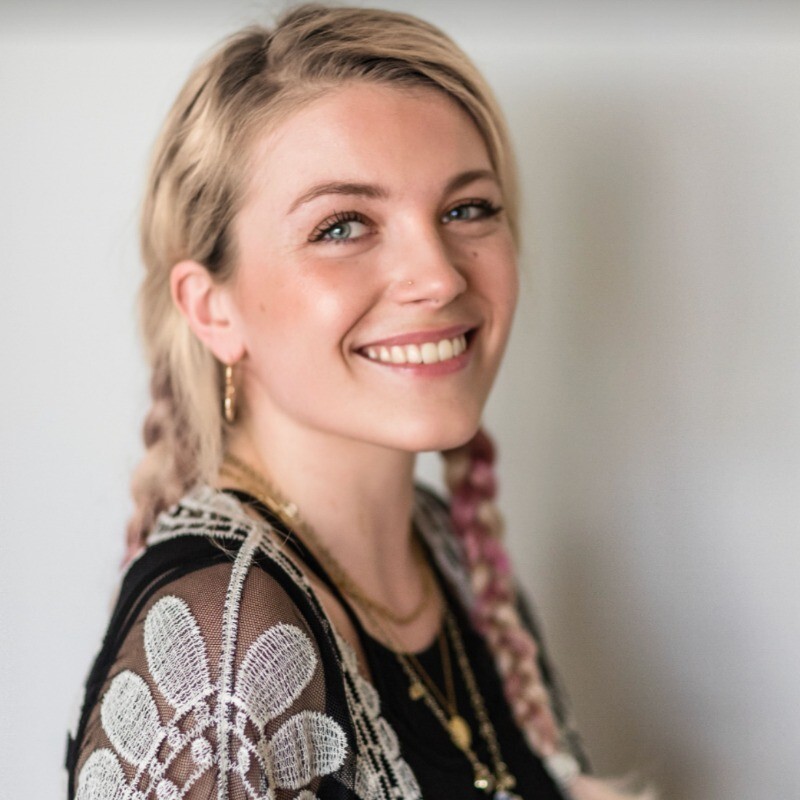
President of the Leeds law Society, Shanika Varga-Haynes, shares her story of her path to becoming one the youngest, and the very first person of colour, to hold the positions of President. She shares the ups and downs of her journey, her critical work to provide a safe and supportive space for lawyers, and the lasting legacy she would like to leave after her presidential term.
- Could you share some pivotal moments or experiences from your early career that shaped your path to becoming the President of the Leeds Law Society?
I can pinpoint it to a few moments. I was a fairly junior solicitor, and I took on a case that had very serious allegations of domestic abuse. The man accused of domestic abuse decided to send me death threats, harass me, and he was quite aggressive and was generally unpleasant. This went on for a period of about 18 to 20 months and then just as that case ended, one of my favourite clients died by suicide. From that moment, I decided I did not want to practice law anymore. I then went through a difficult period where I really did not want to be in the legal profession if it was going to be that bad that quickly. Following these events, I got some counselling through my firm, and decided not to make any rash decisions about leaving law. So, when I came back with a fresh perspective after my counselling, I realised I wasn’t the only person who had gone through something like that, especially in family law. It occurred to me that there wasn’t enough support or preparation in family law and criminal law, which have to deal with very high conflict and stressful situations. As a profession, we need to do better and do more to prepare lawyers for these, unfortunately, inevitable circumstances.
I looked at different ways I could make a difference in supporting lawyers that had gone through what I had, but it was difficult as I felt like I have never had a voice for a cause. The Law Society was a place I could see myself having a platform. I was put in touch with a member of the board and met up with them, and the rest is history. I did a couple of years as director, and now I am in my Presidential year. If it wasn’t for those two defining moments in my early career, I don’t think I would have had the realisation that there was so much change that was needed, and I believe I wouldn’t be in the position I am now.
It started off as a mission to improve wellbeing and then it developed into wanting to improve diversity and inclusion in the profession. There are so many gaps, and so many areas where we could be doing better, and that is what has led me to where I am today.
- What made you decide to put yourself forward for president, and how did you prepare yourself for the responsibilities of being president?
In terms of leadership, I never really saw anyone who looked like me, and I felt like I had no one to look up to. If you look at the legal profession you can see there are noticeably more men than women however, in family law there is a larger female presence than other sectors of law. This isn’t because family law is doing anything specifically to attract more women, it just so happens that more women chose this area. Law isn’t racially diverse either. I am the first person in the 150 years of The Leeds Law Society to hold the position of President who is not white, which is crazy to think about in a multicultural city like Leeds. Whilst I don’t feel like the lack of diversity was something that deterred me from a career in law, I have met people where it has. I was at a school recently talking with young students about being a lawyer, and one student said to me “I didn’t realise I could be a lawyer,” and I asked why, and they said, “Because lawyers don’t look like me on T.V.”. It got me thinking that if I thought about the lack of diversity and representation in the legal industry when I was younger it might have put me off and I might have ended up doing something completely different.
In terms of preparation, I sat on the board for a couple of years which gave me a good insight into how everything worked and how it runs. Over COVID, there were conversations about getting some different perspectives in, and some “younger blood” to come and do the role. So, we changed the structure to where there would be two Vice Presidents at once to make it easier for us who were less established in our careers to be able to juggle a leadership role and grow our careers. My two years as vice president really helped as well. It created a soft landing into the role of President, as by the time I took the position as President I had learned the ropes, knew what I needed to do, and was able to essentially hit the ground running.
- How has your experience as a dark-skinned Asian woman shaped your time as president?
It has given me a different focus. When I started talking about how I felt, and other people shared the same feelings as me, I realised there must be so many of us holding onto these feelings. There is a universal sense of not being understood.
So, my focus really did change from solely being about wellbeing to include raising the visibility of diverse leaders and improve the general diversity of our profession. I recognise that I am in a very privileged position, and I don’t want to waste that, and because of that I say “Yes” to as many things that I possibly can. By saying yes, I get to be involved with projects, go to places, and be in rooms where you don’t tend to see people who look like me.
I was adopted from Sri Lanka at 10 days old by my parents, who are both White British, and my up-bring has been different to most other British Asians. I didn’t feel culturally different from my white friends, I just looked different. I never considered that I would have to work harder simply because of how I looked so, it was a bit of a shock when I entered the profession. It did mean though that initially I had a different sense of confidence in my presence in the legal industry, but as time went on, I became more conscious of how I approached my work.
Because of my experience, I am trying to create more spaces for minority people in the legal industry in Leeds by holding more diverse networking events, and alcohol-free events.
- Balancing work, personal life, and leadership commitments can be demanding. What strategies have you found effective in maintaining this balance?
This is something I’m still working on. I haven’t got it right yet. For my year as President, I accepted that I wasn’t going to have a work-life balance. I am in this position for only twelve months, and I want to make the most of it. I don’t believe that I will look back and think to myself, “I should have said no to that, or I should have missed that event and gone to bed earlier.” That was never going to happen.
In terms of leadership management, it’s about learning to say ‘No’, and learning what your limits are. I like to think about what the most important thing to me is, and it is giving my team at work what they need, taking on this role, and doing it all to the best of my ability. As President, these are my priorities, and I’ve accepted that this year I won’t be getting a bonus, as my billing hours have been reduced due to my commitments to non-fee earning roles. It’s all about learning to be okay with that and learning to measure my success in a different way that isn’t monetary.
The other thing that helps me balance work would be my lists. I love a list. Even my lists have sub-lists. I have a big calendar on my wall everything gets written on. It’s all about being over-organised.
- Reflecting on your journey, are there decisions or risks you took that you believe played a key role in your current success?
It probably comes back to the first question about getting myself on the board. Trusting and listening to my burning desire to make things different, rather than talking myself out of it like I would have done before. My previous goal was to just be a competent lawyer, that sounded like she knew what she was doing. It wasn’t necessarily to be the best, have a platform or a public platform, and don’t be terrible at your job. Over the years that has changed, and it’s changed in a good way. So, now my focus is on having that platform and making the most of it. The risk took putting myself forward for the board and doing something I had never done.
- The legal profession is often seen as traditionally hierarchical. How do you envision breaking down barriers and encouraging young professionals to assume leadership roles?
The next generation seem to be doing that for themselves. When I was looking for a training contract, the mindset was to get in wherever you could, do what you have to do, and put up with whatever comes your way, and then deal with it after you are qualified. Now, and I see it more often, the next generation see this process as a two was processes, which it is. Young people understand that whilst firms are interviewing them, they are also interviewing the firms. The next generation is asking the questions, and finding out if it is a good fit for them, if the culture is right, and do the company’s values align with their own. What I want to do is encourage this behaviour and way of doing things.
Having a generation of people who are willing to ask questions such as “What did your firm do when George Floyd was killed, and how did you support your workers?” or “What are your DNI Initiatives?” will create a more inclusive profession, and a healthier profession.
The profession isn’t going to change and grow if people continue to put up with negative aspects of the industry. Submitting yourself to a work environment that doesn’t align with what you want or believe can have a massive impact on your career progression. Working in an environment that you feel a part of and supported in can make all the difference in achieving your goals and having the confidence to put yourself forward for leadership roles.
Representation is another major point that is essential to encouraging young people to assume leadership roles, and one that I advocate for. If the next generation can see themselves reflected in a firm’s partners, and other leaders in the industry, that will let them know that there is a space for them. I really encourage the industry to make sure that their leaders look like the people they help and are a reflection of the diversity of the population.
It’s one thing to ask the next generation what they want, but as leaders, we have a responsibility to educate ourselves, and improve things for the next generation.
A few days ago, I was having a bad day, and I caught myself. Someone more junior than me had made a mistake and I started typing the email. I stopped and thought how this type of email would have made me feel when I was a junior if I received an email like this from some with the title ‘Partner’. I know I would have stewed over that all weekend. I decided to wait and write the email until I wasn’t in as much of a strop. It’s about putting yourself in someone else’s shoes. We all have a responsibility to improve the environment of the profession by doing small things, and big things.
- Mentoring and guidance can be transformative for young lawyers. How do you plan to facilitate meaningful mentorship connections within the Leeds Law Society?
A few of the things we are doing this year include each month spotlighting a new and diverse lawyer. We get them to answer the same questions as each other, and then we share them on all our social media platforms. This doesn’t automatically create new connections, but it gives people sight of people who look like them, it gives people names. We will have an awards show at the end of the year., where all our spotlighted lawyers will be there, and hopefully that will give them more opportunities to network.
We are also putting on more fun events, that aren’t focussed on drinking. Some of these events involve universities and we are carefully selecting who we send so that young people can see themselves in our representatives.
- Looking ahead, what legacy do you hope to leave for young legal professionals who are inspired by your journey and leadership within the Leeds Law Society?
I would like to have opened more people’s minds to a career in law. I would like to show them that it is possible to do it when you don’t look like the stereotypical lawyer. In terms of the events we are hosting, I hope that the range of diverse and inclusive events are a success and create a change to how we network in this profession.
As for my legacy in ten years’ time, I hope that I have created more safe spaces and a more diverse industry. I truly believe that society will not trust our legal systems if they don’t see themselves represented in it.
Shanika Varga-Haynes, Team Leader Partner at Stowe Family Law LLP, and President of the Leeds Law Society.




